The term Hispanic, as defined by the U.S. Census Bureau, refers to Spanish-speaking people in the United States of any race.
On the 2000 Census form, people of Spanish/Hispanic/Latino origin could identify themselves as Mexican, Puerto Rican, Cuban or "other Spanish/Hispanic/Latino."
More than 35 million people identified themselves as Hispanic or Latino on the 2000 Census.
National Hispanic Heritage Month began Sept. 15, the anniversary of independence for Costa Rica, El Salvador, Guatemala, Honduras and Nicaragua.
Additionally, in 1810, Mexico declared its independence on Sept. 16 and Chile Sept. 18.
The theme for National Hispanic Heritage Month is "Heritage, Diversity, Integrity and Honor, the Renewed Hope for America."
In honor of the tremendous contributions Hispanics make to America's armed forces, the Army joins the nation in celebrating National Hispanic Heritage Month.
The Army theme for the month is "Honoring Hispanic Soldiers Throughout Our History."
Throughout the Army's history, Hispanic Soldiers have served the nation.
Hispanic-Americans have a record of military service dating all the way back to the Revolutionary War, defending America with valor and honor.
This year, in recognition of the 60th Anniversary of the Korean War, the Army will pay a special tribute to the Soldiers of Puerto Rico's 65th Infantry Regiment.
The Borinqueneers - named after Puerto Rico's native warriors - landed on the southern tip of the Korean Peninsula in August 1950. In a three-day battle south of Seoul in January 1951, the Borinqueneers launched the last battalion-sized bayonet charge in U.S. Army history and overran the Chinese army's 149th Division.
Soldiers like Puerto Rico's Borinqueneers represent Hispanic Americans' legacy of service spanning from the Revolutionary War to present-day conflicts in Iraq and Afghanistan.
Hispanic Soldiers are prevalent throughout the Army, making up nearly six percent of commissioned officers, eight percent of warrant officers, 12 percent of enlisted personnel, and six percent of the Army civilian workforce.
Collectively, Hispanics represent the history, culture and traditions of 20 nations and form a vital part of the Army's social fabric.
The Army encourages every member of the Army Family to learn about and celebrate the contributions of all Hispanic servicemembers, Family members and Civilian employees who have helped to safeguard the nation's freedom.
In regards to diversity, the Army will continue to recruit the best qualified Soldiers of all backgrounds and ensure every Soldier is given the opportunity and encouragement to rise to his or her highest level of ability.
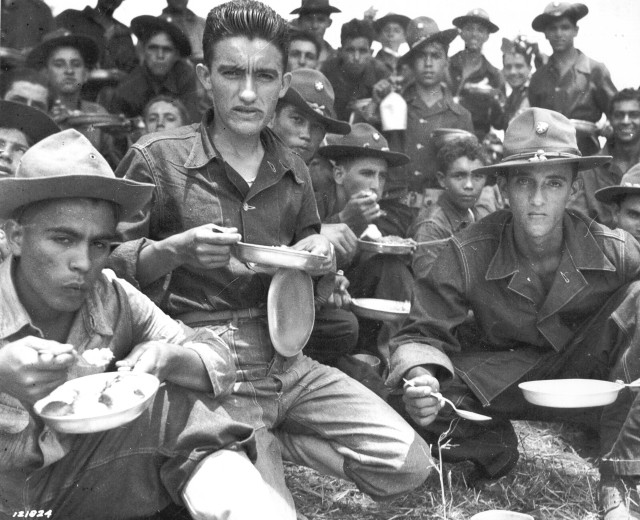
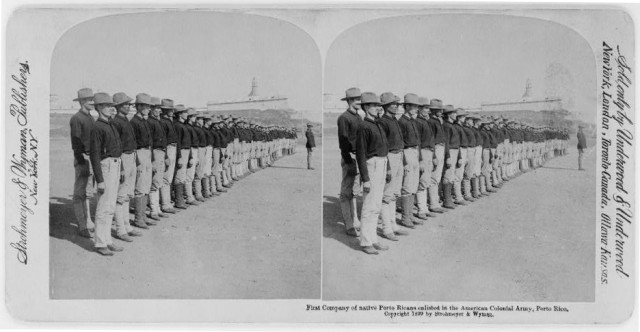
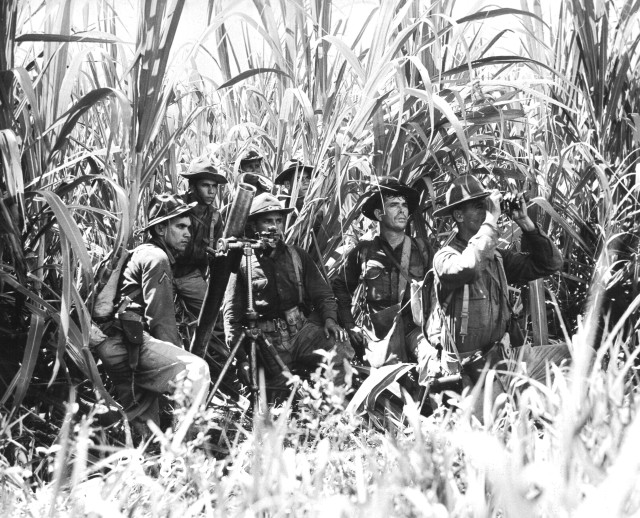
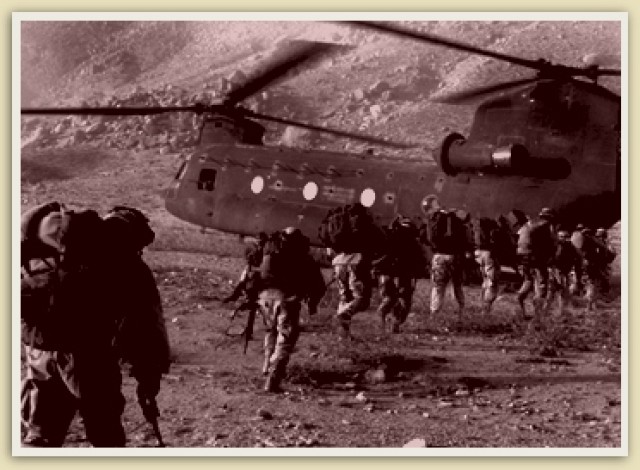
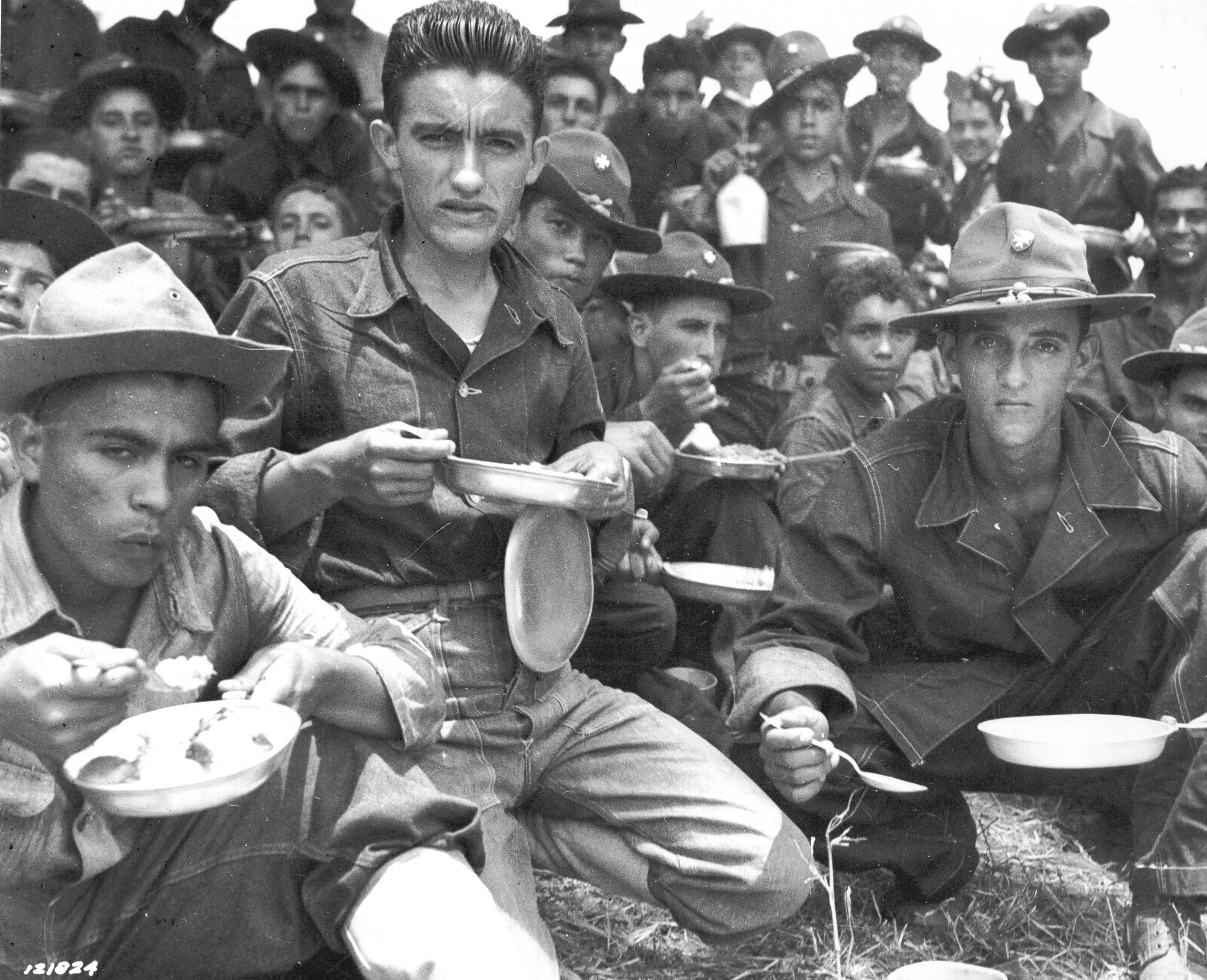
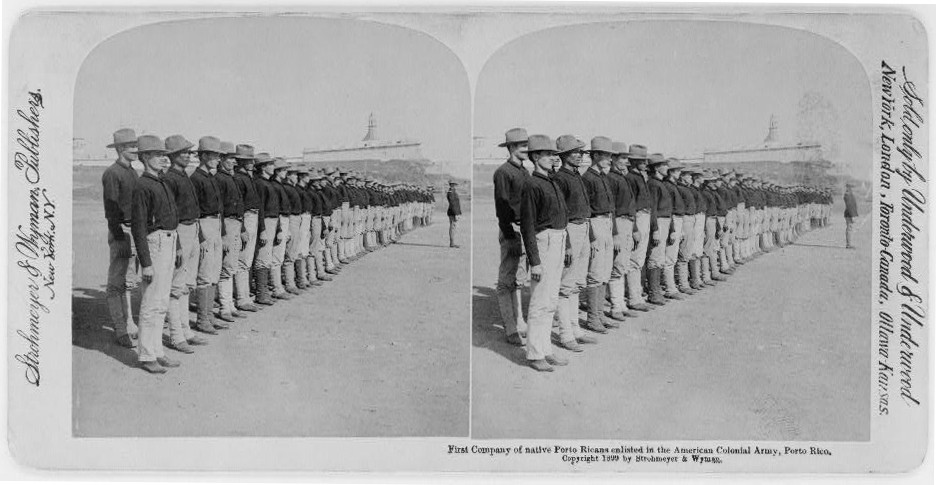
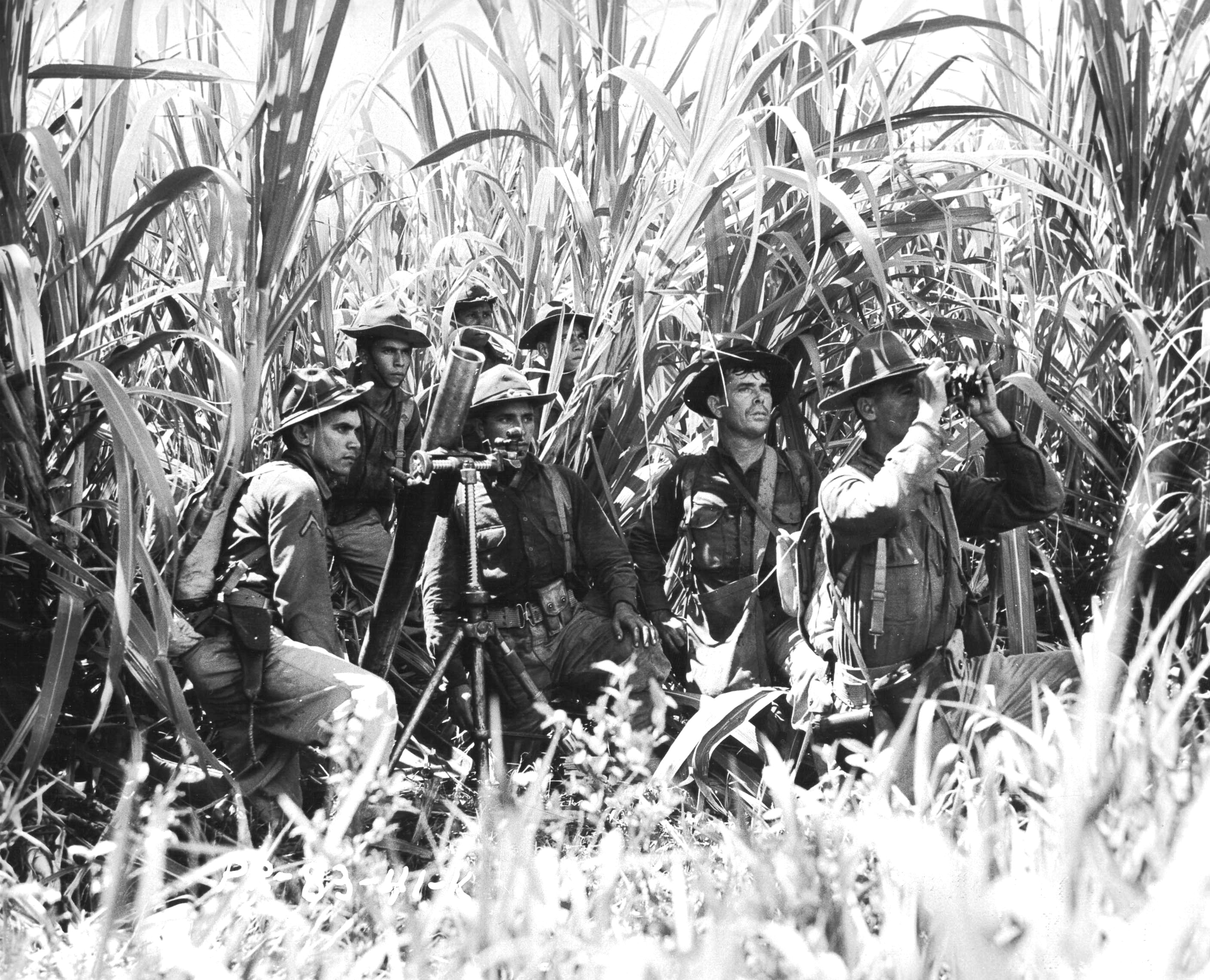
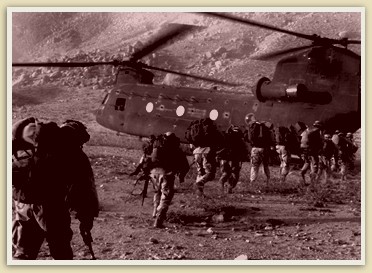
Social Sharing